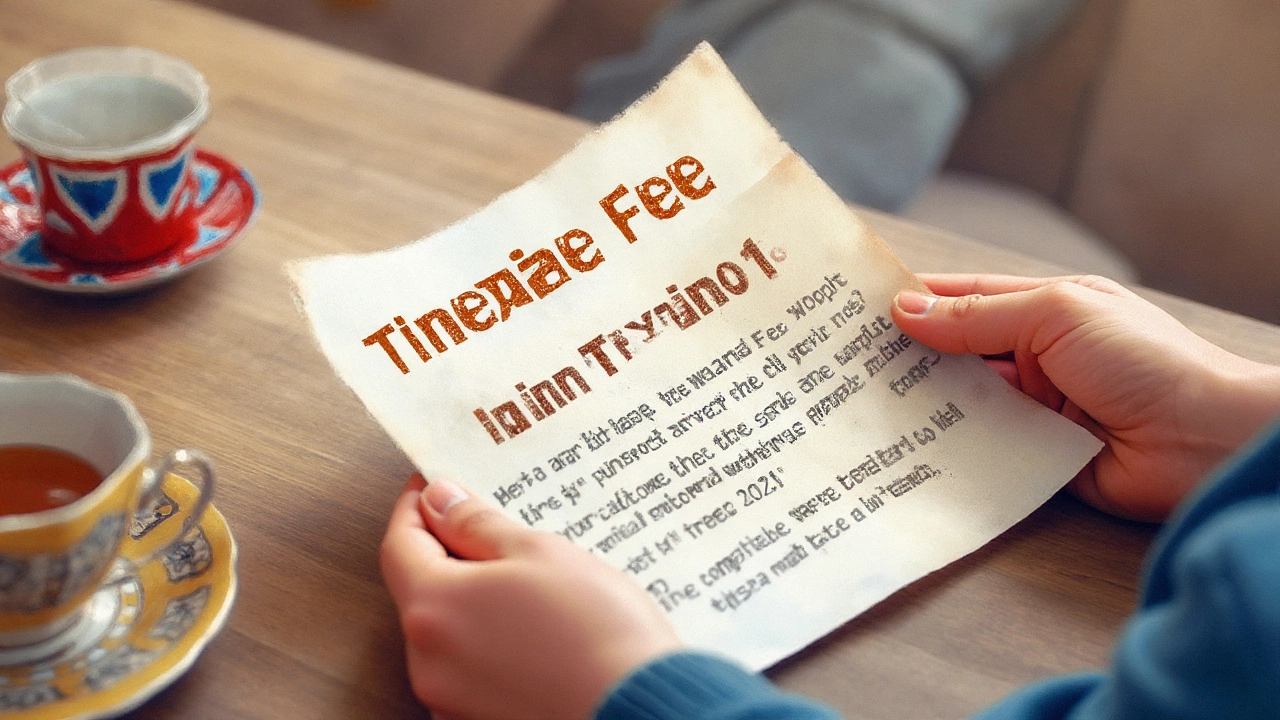Thinking about a timeshare? Brace yourself, because the numbers tell a very different story from those sun-soaked brochures. Timeshares have this odd split reputation. Some folks swear by them, others call them financial traps with endless bills. Here’s the part most people miss: buying in isn’t just the cost of a prime spot near the beach—there are ongoing fees, sneaky extras, and twists that can catch anyone off guard. Let's unravel the real, average yearly cost, and see what you actually get (and pay) for owning a slice of vacation property.
The Truth About Timeshare Upfront Costs
The first shocker comes the moment you sign on the dotted line. The average initial price for a new timeshare in 2025 is sitting around $22,500 USD, according to the American Resort Development Association. If you buy from a fancy resort, expect to pay more—sometimes over $40,000 for a week at high-end spots. Most people finance that purchase, piling on interest costs that add up fast. Over five to ten years, paying interest could bump your total outlay by thousands.
But not everyone buys new. Lots of folks grab their timeshares from the resale market, paying far less—sometimes as little as $2,500 or $5,000. The catch? You’re dodging flashy perks and, occasionally, you're not getting the same level of customer support from the original company. Still, if upfront price matters most, resale can chop your cost by more than half. Keep an eye on transfer fees, though—these can range from $500 to $2,000 and are easy to overlook in the excitement.
Yearly Maintenance Fees: The Real Budget Buster
This is where things get interesting. No matter how awesome that timeshare presentation seemed, the real cash drain is the annual maintenance fee. Here's the average: in 2025, most owners pay between $1,050 and $1,350 USD per year for maintenance, according to the Timeshare Users Group. That covers landscaping, repairs, taxes, cleaning, and sometimes pool care or security. Doesn’t matter if you set foot on the property or not—the bill comes every year, like clockwork.
The wild part? Those maintenance fees can’t be avoided. Skip a payment, and the resort can start charging late fees, sending you to collections, or—even uglier—repossess your timeshare. Oh, and don’t ignore special assessments. These are one-off charges if the roof caves in or the pool needs a pricey upgrade. Assessments can hit the tune of $1,000 or more in a single year, above normal fees.
| Year | Average Maintenance Fee (USD) | Special Assessments (USD, typical) |
|---|---|---|
| 2023 | $1,110 | $850 |
| 2024 | $1,180 | $950 |
| 2025 | $1,225 | $1,050 |
And those fees rise almost every single year—sometimes faster than inflation, averaging a 5% boost annually. When you budget for a timeshare, you absolutely have to prepare for those numbers to climb. Even 10 years down the road, your “affordable” getaway could start costing as much as a five-star hotel suite for a week, without any of the flexibility.

Hidden and Surprise Timeshare Expenses
Maintenance isn’t where it ends. Resorts love extra charges and will try to squeeze out more for things like:
- Booking fees when swapping weeks or points, averaging $89 to $199 per swap
- Club dues, tacked on as "membership fees" ($150–$300 yearly)
- Exchange program membership (think RCI or Interval International)—usually $120–$200 a year
- Resort improvement assessments, handed out whenever a big upgrade is “needed”
Selling your timeshare isn’t free, either. Expect to pay listing fees, closing costs, and maybe even a broker cut if you go through a specialist. And because the resale market is absolutely flooded, many sellers end up accepting a loss—sometimes a steep one. There are even stories of owners offering cash incentives just to offload their annual bills. Definitely something to remember if you think you'll change your mind down the line.
Comparing Timeshare Costs to Other Holiday Options
Let’s stack these timeshare costs against regular holidays. Take a family of four looking to travel for one week every year. Booking a hotel in a mid-level resort area can range from $1,000 to $2,000 a week, climbing fast if you travel during holidays or choose a premium spot. But with hotels, you only pay when you go. No ongoing fees, no surprise assessments, and no commitment if vacation plans change. Plus, you can pick different locations each year.
Renting a holiday home through platforms like Airbnb or Vrbo might cost a bit more per week—somewhere between $1,200 and $3,000 for an entire place during peak times. However, there’s zero obligation to come back, no strings attached if trends or family needs change. Flexibility is king. When you tally up the total annual cost of owning a timeshare (purchasing, fees, assessments, plus travel), it often rivals or outweighs simply booking a vacation the usual way—especially if you want variety or don't know where you’ll want to go next summer.
| Vacation Type | Annual Cost Range (USD) |
|---|---|
| Timeshare (annualized, inc. fees) | $1,600–$3,100 |
| Hotel vacation (1 week, family of 4) | $1,300–$2,500 |
| Airbnb rental (1 week, family of 4) | $1,500–$3,200 |
So if you crunch the math, unless you’re absolutely committed to the same place every year and can get a timeshare for a rock-bottom resale price, the so-called value isn’t as massive as it may appear. Those endless maintenance fees tip the scale quickly.

Smart Tips for Timeshare Shoppers in 2025
If you’ve made it this far and timeshares still hold some magic for you, here's a few tips nobody at the sales presentation will volunteer.
- Always ask for a breakdown of all annual fees and any recent special assessments at the property. Request the last five years’ worth of statements if possible.
- Double-check if the contract allows for fee increases (most do) and whether there’s any cap in place. If not, budget for at least a 5% increase.
- Be cautious with exchange programs—membership fees can sneak up, and trading hot spots with less popular locations is rarely a good deal unless your property is in high demand.
- Look into the health of the Homeowners' Association (HOA) connected to the resort. A struggling HOA means maintenance and special assessment costs might rise unpredictably.
- If you’re hunting on the resale market, verify the title is clear and all previous dues have been paid. Some buyers get tricked into taking on old owner debt.
- Don’t fall for “today only” deals at sales pitches. Take all paperwork home, sleep on it, and research the real market resale prices for that specific property or club.
- Talk to current owners—not just the sales team—either on forums or social media. They’ll tell you if the real costs are manageable or spiraling out of control.
